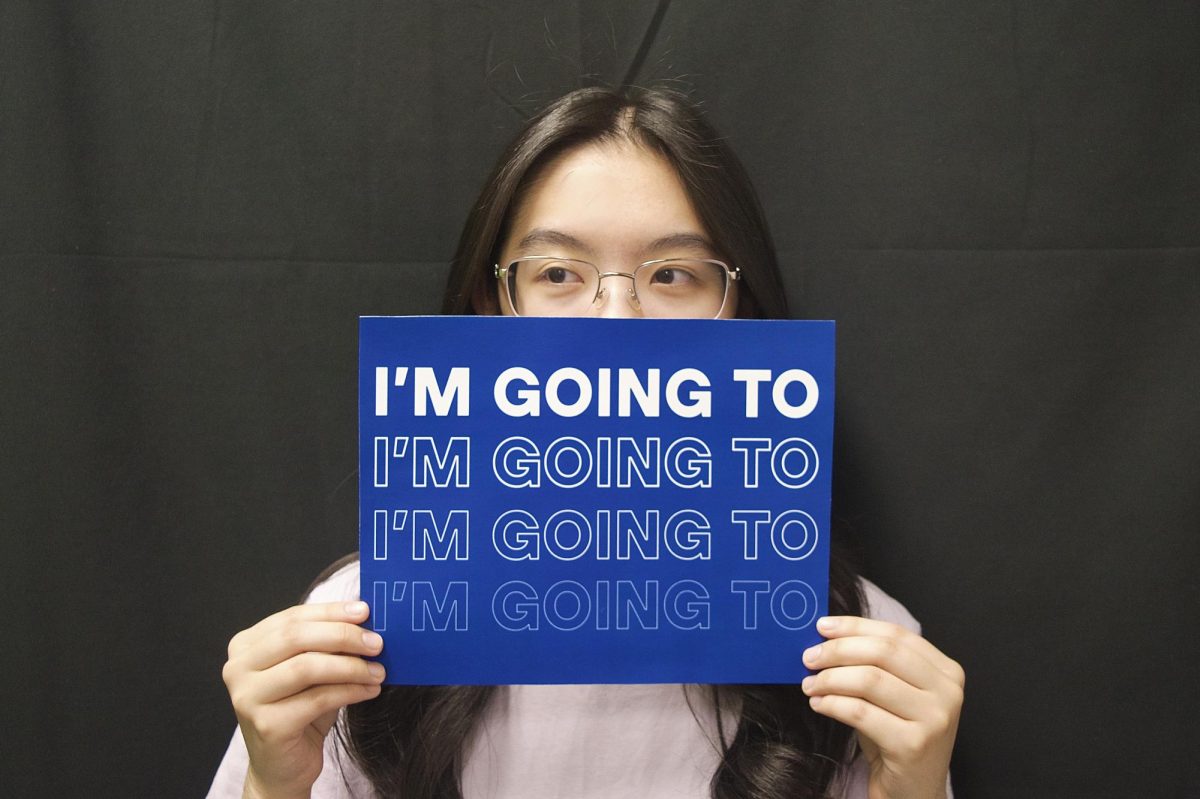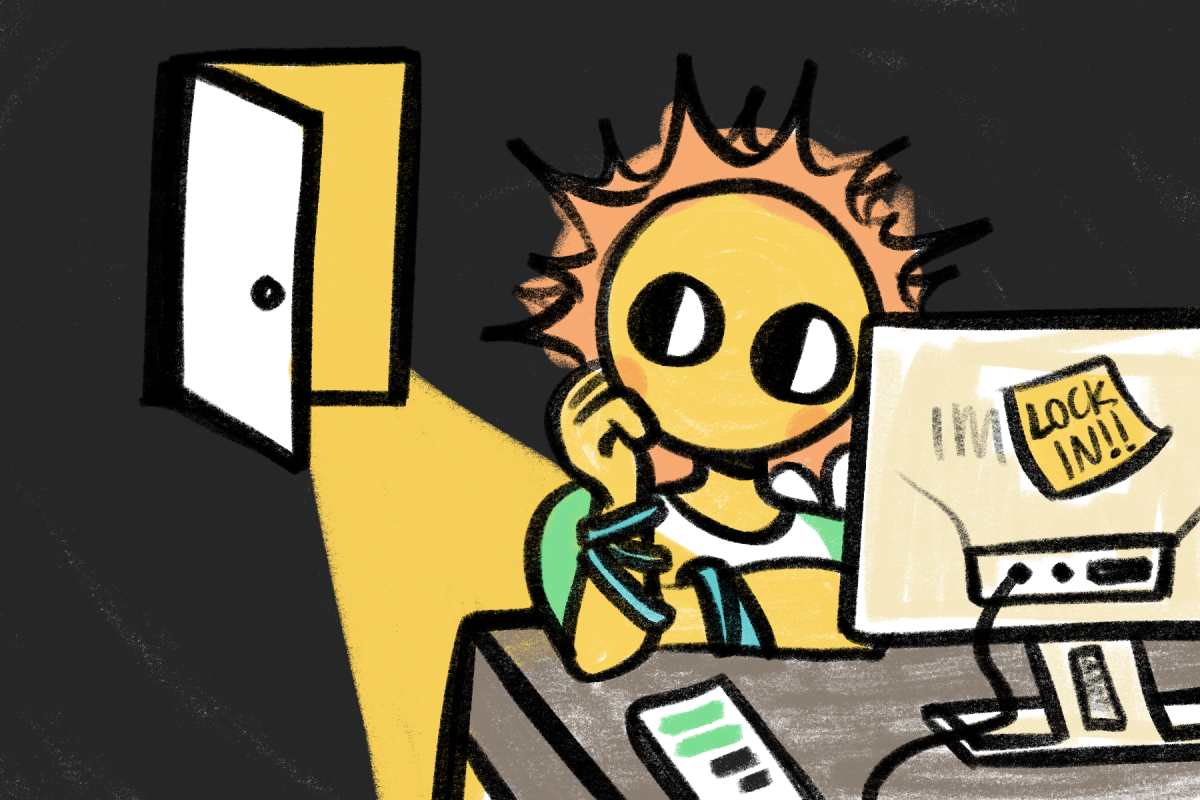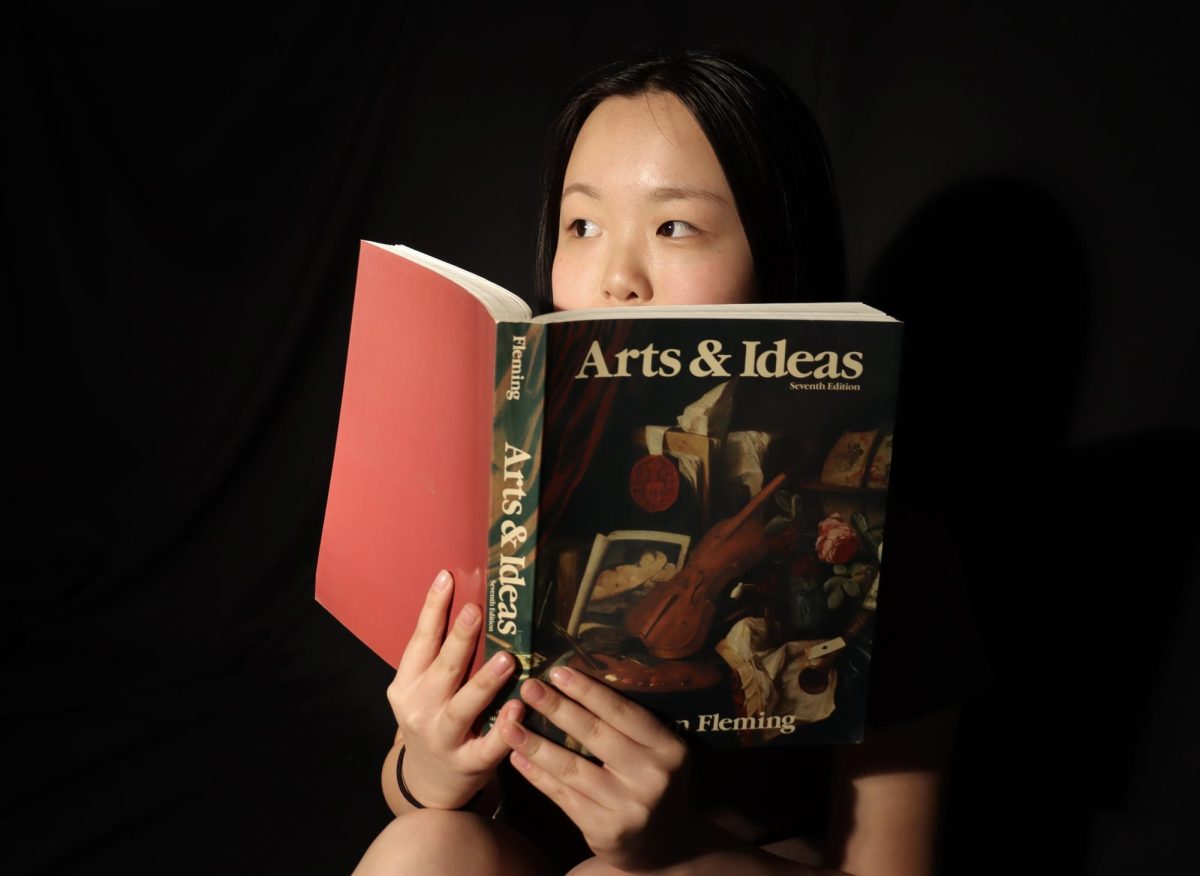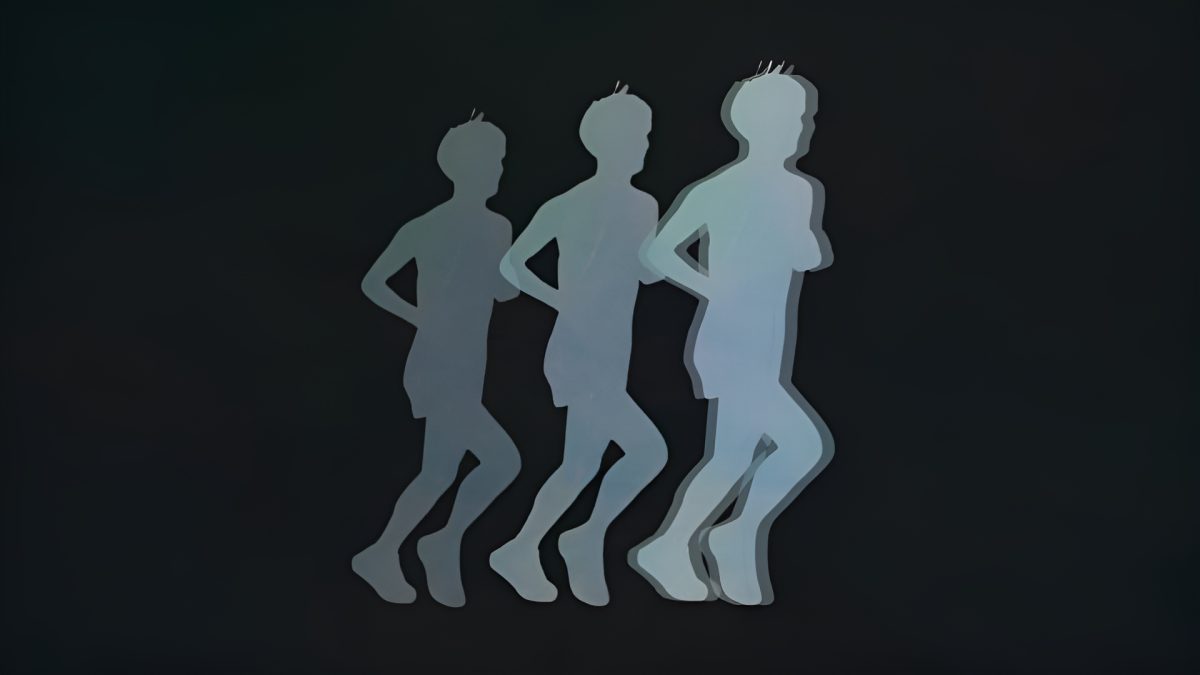The word “meditation“ brings to mind enlightenment, inner peace and Buddhism. Many see it as a practice far removed from everyday life, to be practiced by religious zealots living in secluded locales.

“I get this one a lot — eyes rolled back and you put your fingers like this — maybe you levitate off the ground,” Student Advocate Richard Prinz said as he laughed and held his hands up Buddha style.
Contrary to popular belief, meditation is not some sort of arcane practice; it’s easy to do and does not require passionate commitment. Although serious meditators deeply incorporate the practice into their daily lives, casual meditators — like students — can benefit from the practice as well because it helps relieve stress and sharpen focus. Students have an opportunity to learn about meditation through Prinz’s meditation sessions during tutorial.
“It’s more of an introduction and people would have to follow up on their own if they want to learn more and explore it more … If it’s helpful, run with it. If it’s not, leave it,” said Prinz.
One reason why Prinz introduces meditation to students is because stress is so pervasive in their lives, and meditation may be of some help.
“Whether it’s academics, or a social thing, or home life, there’s always something,” Prinz said.
Students have told Prinz that his meditation tutorial helped them relieve stress, or stay calm in pressing situations; for example, one student wanted to perform his best for scouts that were attending his soccer game. Despite being nervous and a little sick, he told Prinz that meditating a little before going out onto the field really helped him out.
Senior Hadar Sachs recently attended Prinz’s tutorial meditation sessions for the first time, and was impressed by how helpful it was.
“I think it’s really helpful for students, especially if you don’t know what meditation is. My parents had meditated before, but I didn’t know exactly what it was, so I went with a friend and we tried it out. It was very relaxing, it felt nice right after, I focused a lot better for the rest of the day, and it was generally a good experience,” Sachs said, attesting to the immediate effects of meditation.
How far one wants to get involved in meditation is a matter of personal choice. Coming to one meditation session will help with de-stressing and focus. For those seriously interested in pursuing meditation, Prinz says that finding a personal teacher is the best way to learn. Beyond relaxation and getting rid of stress, meditation can be an intensive, self-reflective practice.
“Sometimes people think meditation is very passive. You sit and it’s like a vacation or something but anytime I’ve done it, or gone on retreats, it’s a very intense situation … It should show up in one’s daily life. It’s [not] like I meditated this morning, and now I’m going to go be a jerk. It should really be a practice for how to live,” Prinz said.
Meditation is an opportunity for people to look at themselves and their actions, and ultimately learn lessons that can be applied to their lives. Meditation changes the way people think and view the world. It can be a transformative process, albeit less sudden than Siddhartha Gautama’s enlightenment under the Bo Tree, but potentially just as powerful. Although many people will not walk that path, they have the choice to. And even if they don’t, meditation still has positive benefits to offer them, like stress relief and a moment of respite. As MVHS students, we are lucky to have to have the opportunity to learn meditation open to us — and we should at least try it once.







